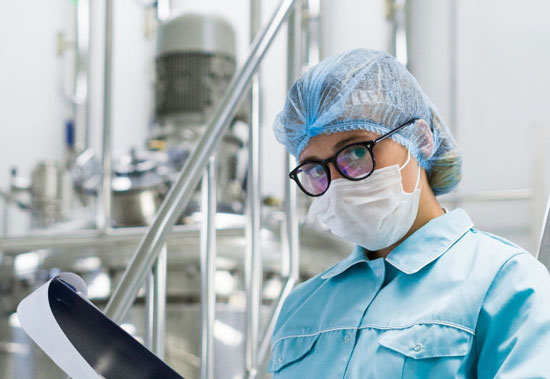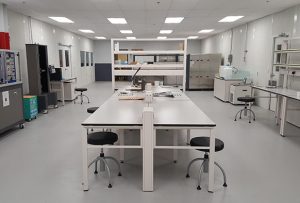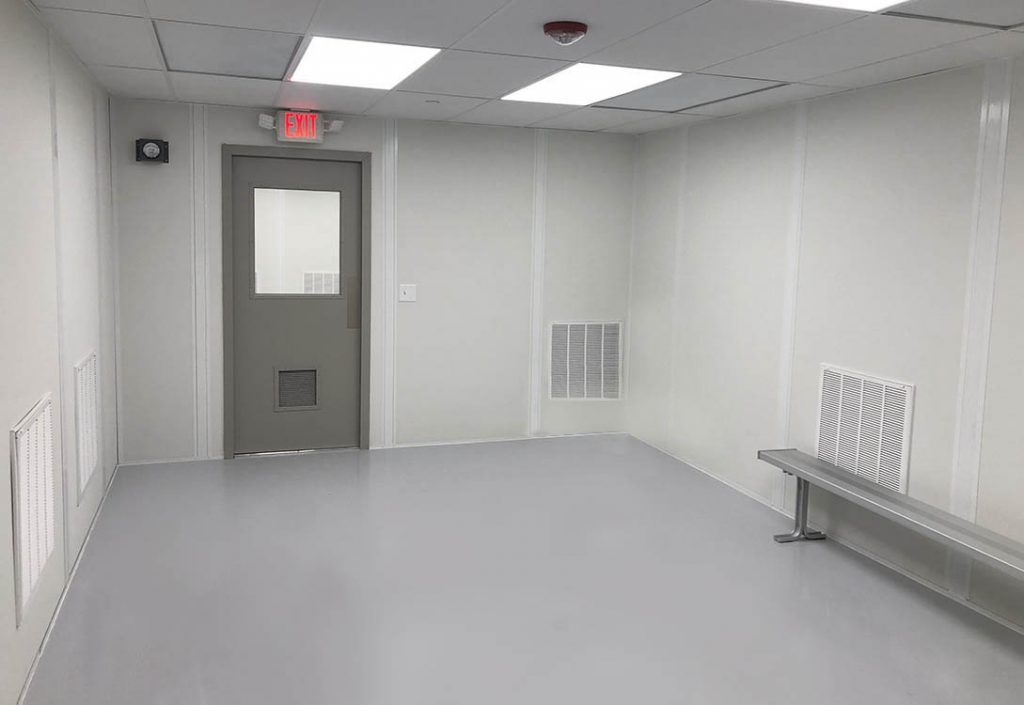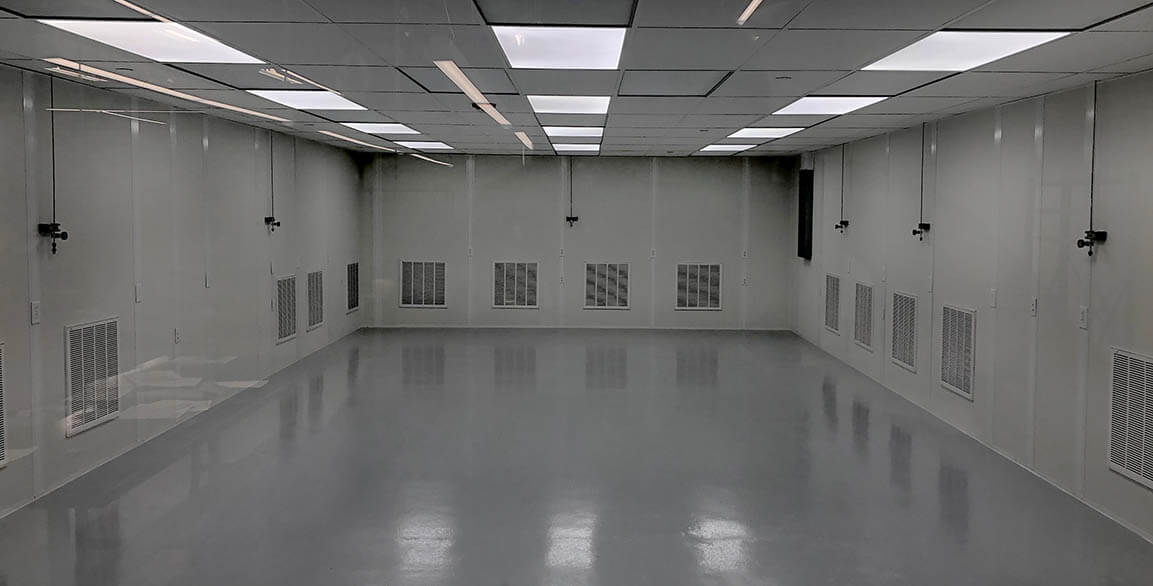Implementing Good Manufacturing Practices: Pharmaceutical GMPs
*Contains Nonbinding Recommendations

Good Manufacturing Practices are a set of guidelines and principles that ensure the quality and consistency of certain consumable goods. In the United States, GMPs are FDA regulated and primarily focused on pharmaceutical drugs. The system covers all aspects of a drug's manufacturing process, from the initial materials to the manufacturing environment.
Since many consumers cannot detect a flawed or tampered with medication, these standards help ensure a consistent level of safety across all pharmaceuticals available to the public. Pharmaceutical companies must show documented proof that these procedures and the data collected within them are accurately and consistently followed. However, GMP only sets the minimum qualifications for pharmaceutical manufacturing, and many drug companies have increased their standards beyond GMP. In addition, GMP extends beyond drugs to cover specific medical devices and foods.
What are Good Manufacturing Practices (GMPs)?

Insert your text Under the FDA, one of the primary aspects of GMP is "Quality Assurance Activities," or quality control. Pharmaceutical companies begin this process by establishing a "Quality Control Unit" to review the production of the drugs. The FDA states that a "Quality Control Unit" or QCU should operate independently from any of the company's manufacturing processes. Consequently, the QCU can more easily maintain the integrity of their results without this potential conflict of interest or interference. Ultimately, the QCU is responsible for testing and examining each batch of pharmaceuticals for various characteristics, including overall drug strength and sterility.
Further, the Quality Control Unit must investigate when a batch possibly fails testing or "unexpected results or trends." A failure can be related to the "quality of components, containers, closures, in-process materials, and finished product." These parts of the pharmaceutical manufacturing process are available to test for sterility, micro-organisms, content uniformity, impurities, endotoxins, and more. To add to this, malfunctions and equipment defects within the manufacturing processes are investigated to locate and isolate any potentially affected batches. Overall, these measures aim to minimize the risk of contamination, mislabeling, and inaccurate active ingredient percentage.
How Can You Design for Good Manufacturing Practices?

During the production of pharmaceuticals, all aspects of the process should be designed to minimize the threat of contamination. For example, the FDA requires a cleanroom environment for sterile drug production with "cascading air quality" through the facility. This phrase refers to production spaces placed under higher positive air pressure than the surrounding rooms, which are also under more pressure than standard room air. This design (along with sterilization PPE, tools & guidelines) helps keep contaminants from entering the space through open airways.
Creating a GMP Room for your Quality Control Unit
As mention previously, Good Manufacturing Practices states that the quality control unit should operate independently from the rest of the manufacturing operation. Additionally, the quality control unit should be staffed with enough personnel to handle all quality inspections at a level relative to the volume of drugs distributed. Therefore, no matter the manufacturer's size, they must dedicate a certain percentage of their workforce to the QCU.
However, since the QCU is designed to operate independently, most facilities have a dedicated GMP room(s) to handle these procedures. For pharmaceutical manufacturers, if their supply increases, the size of their QCU will need to grow with it. Therefore, as their production increases over time, manufacturers will eventually need to provide additional GMP space to meet these requirements. Luckily, Panel Built, Inc.'s modular wall systems and panelized cleanrooms are the perfect solutions for facilities looking to improve their GMP whenever needed.
Addressing Your GMP Needs Through Modular


One of the prevailing aspects of GMP is the importance of creating a clean environment throughout production. With Panel Built's highly adaptable wall system, each of these spaces can be created with our system's semi-permanent design. The walls use a non-progressive, panelized method with a binder-post connection system. In addition to connecting one panel to another, the binder posts act as a raceway for electrical or data wiring. This system allows for an endless array of layout options, allow Panel Built to design our systems 100% to customer specifications.
As we mentioned, generally, GMP environments are placed under positive air pressure (air is forced out of the room if opened to the outside). To achieve this, air constantly moves into the system through a HEPA filtration system or Fan Filter Units (FFU). The outside air is purified before entering the cleanroom. Then, existing air inside the cleanroom goes into an air return chase either built into a wall panel or formed from a double-wall system. After entering the chase, the air is either directed outside or pushed back through the HEPA filter system.
GMP rooms can be designed to a variety of ISO standardize cleanliness levels depending on your facility's requirements. Generally, the higher the cleanroom level, the more air circulates through the system. With a high circulation rate, the air is being moved through the filtration system very frequently, giving you a greater chance to catch possible contaminants. To reach higher cleanroom levels, further considerations must be made for the overall design and cleanroom procedures (which you can learn about in The Basics of Pharmaceutical Cleanroom Design).
Ultimately, many growing pharmaceutical companies use modular GMP rooms because the semi-permanent design offers greater flexibility for the future. If the manufacturing or testing spaces need to be expanded in the future, Panel Built's design allows for convenient alterations using your existing materials! Our modular walls can be easily relocated, disassembled, or reconfigured to always adapt to your ever-changing.
If you think that Panel Built's modular walls and cleanroom would be a good fit for implement Good manufacturing practices into your pharmaceutical facility, let us know! We are always happy to answer any questions or concerns that you may have about our products. Simply, give us a call at 800.636.3873, send us an email to info@Panelbuilt.com, or let us know in our LiveChat feature in the bottom-right of the page.
In our 25 years in the modular construction industry, Panel Built has worked on thousands of projects all across the United States. We offer full, turn-key service and quick, no-obligation quotes. Get yours today!
